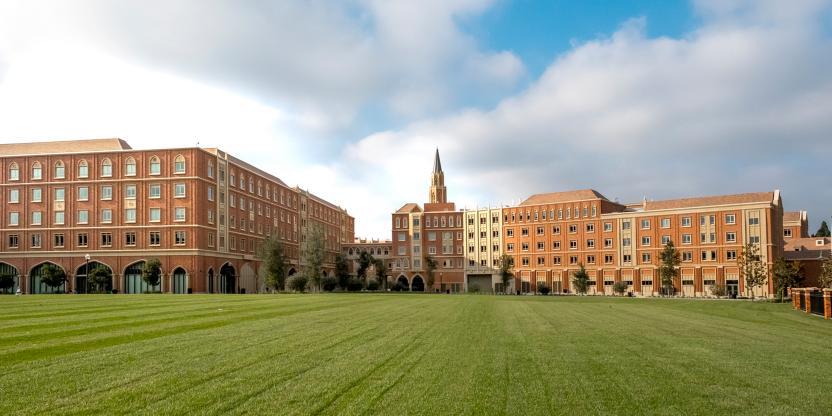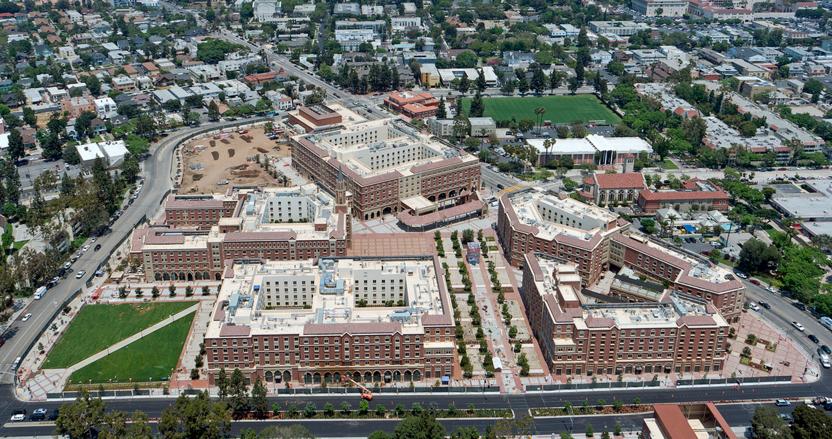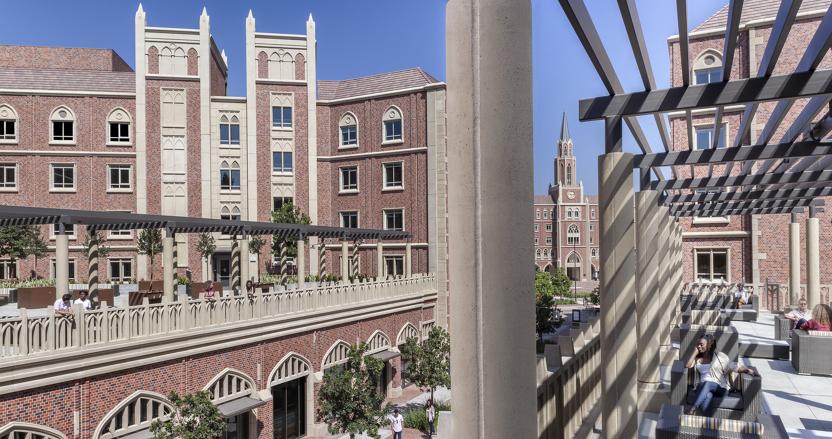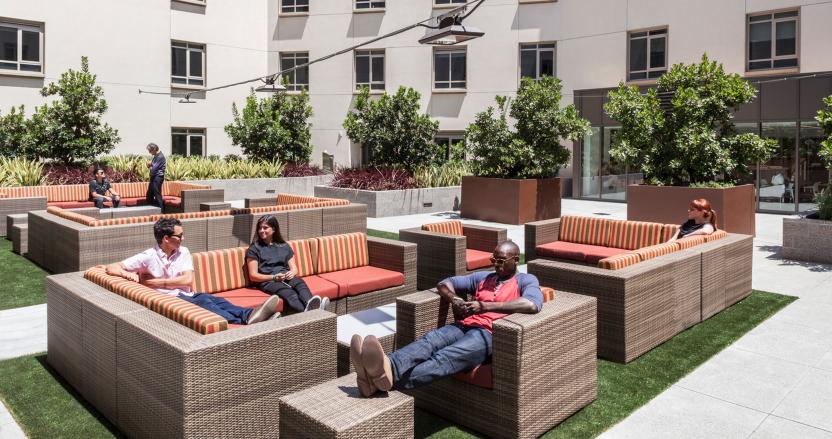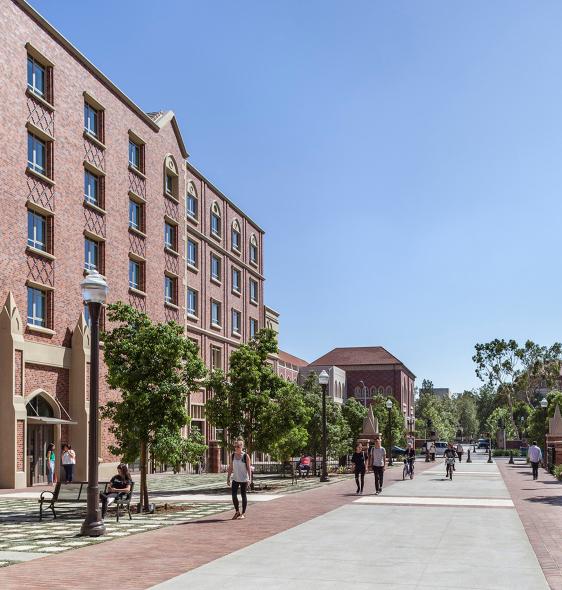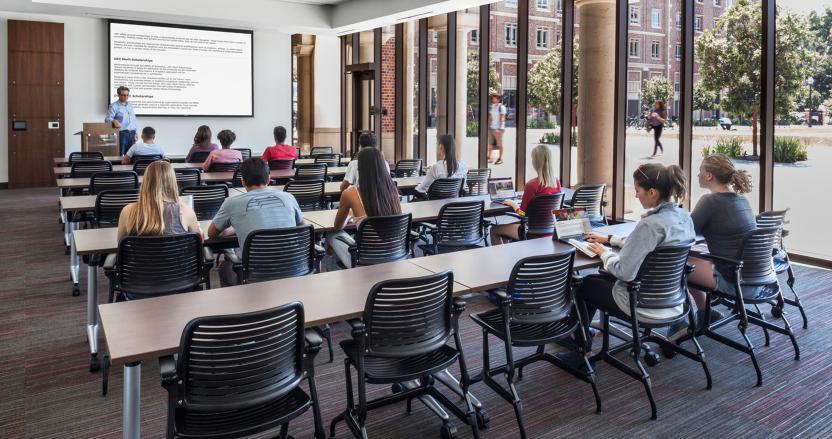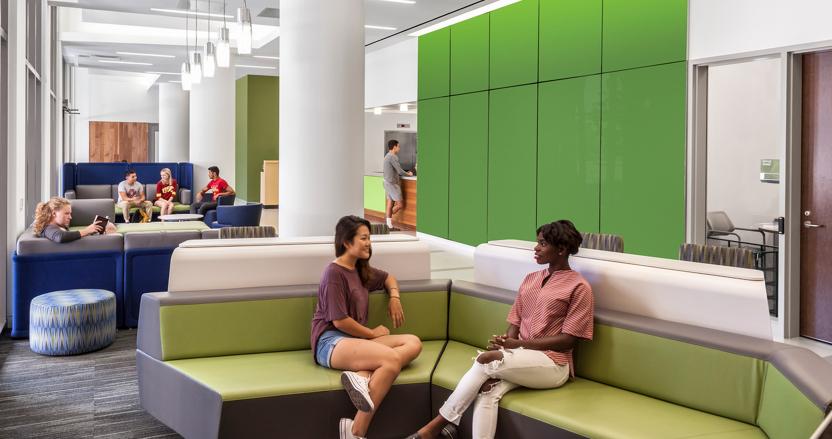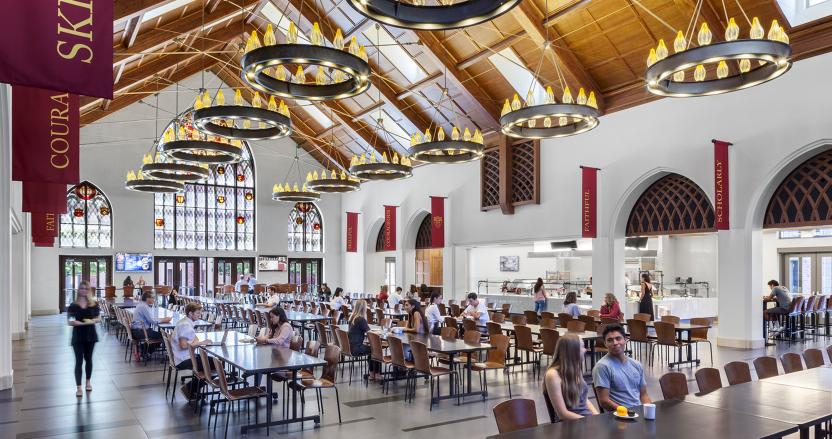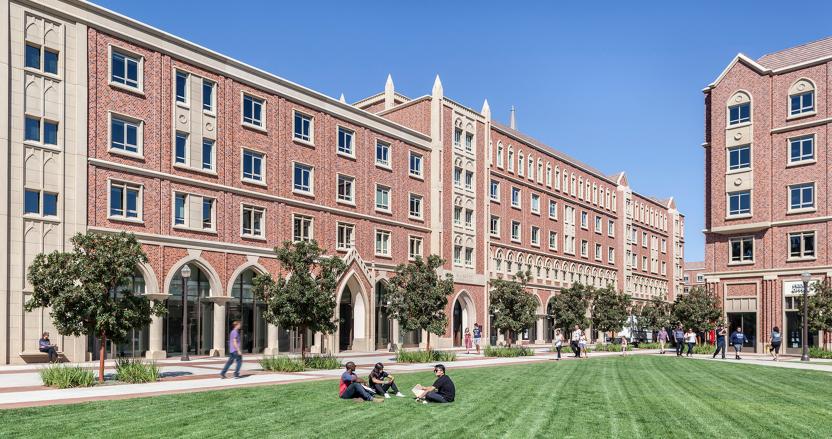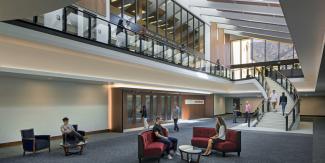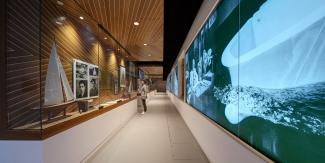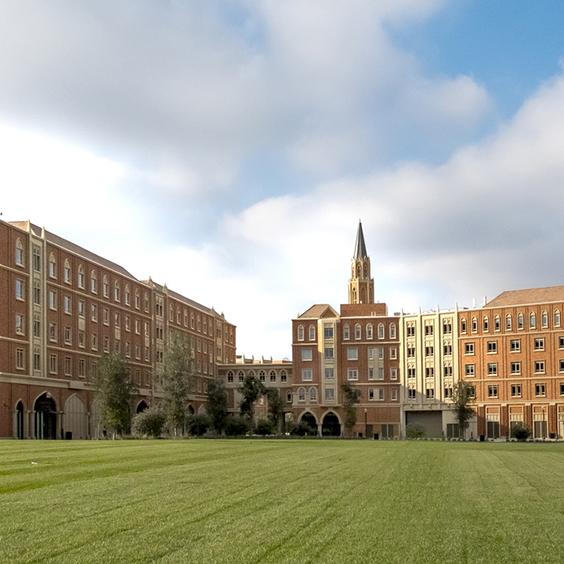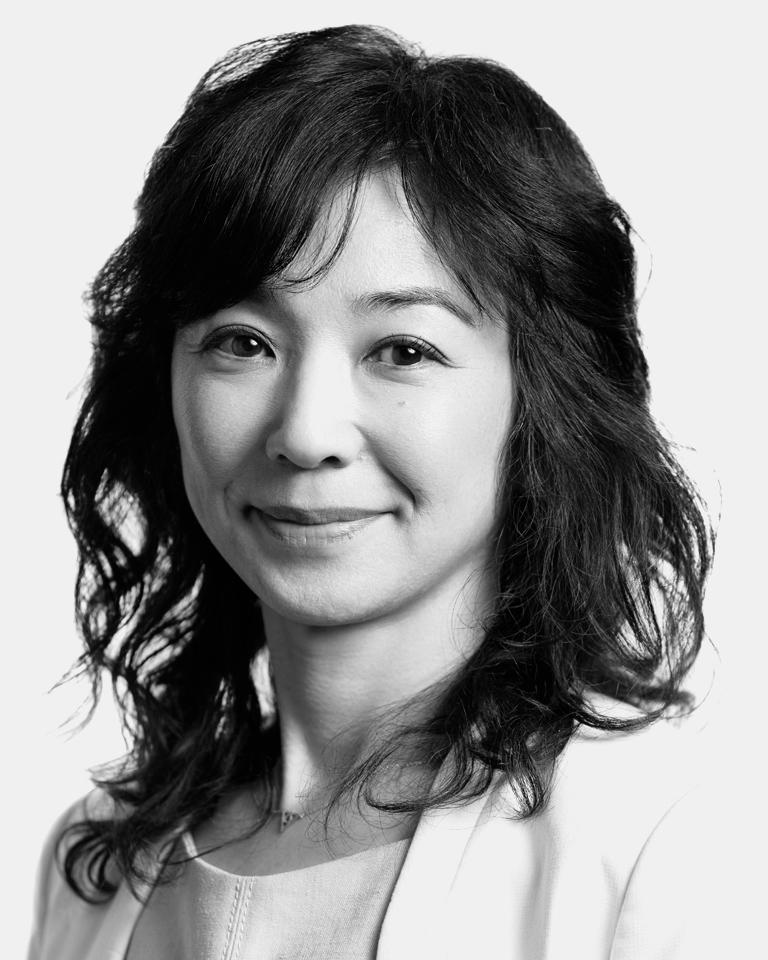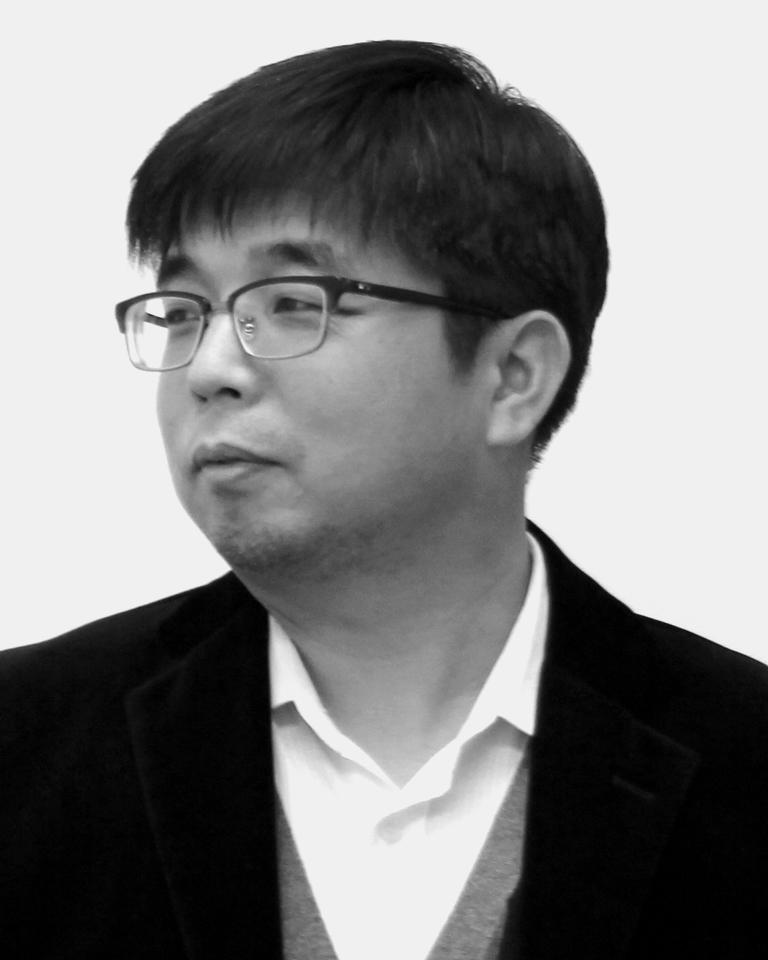Central to students’ learning, development and emotional well-being, living/learning communities are based on the belief that a strong social support network is the most consistent indicator of academic success. Incorporating study rooms, lounges, classrooms, retail and outdoor spaces, the new USC Village establishes a vibrant, supportive environment that encourages continuous learning, engagement and the development of lasting connections both in and out of the classroom.
A significant expansion of USC’s central campus, the Village is closely linked to both the larger campus and its surrounding South Los Angeles neighborhood. Wide, brick-lined pedestrian walkways, multiple points of entry and superb public transportation encourage interconnectivity between the main campus, the Village and the local community. The Village’s restaurants, retailers and relaxing outdoor areas—open to all USC faculty, staff and students as well as neighborhood residents—create an inclusive and welcoming gathering space, while carefully considered security precautions ensure the safety and comfort of residents and visitors alike.
Ultimately, the new USC Village is a thought-provoking melding of community, education and mixed-used spaces that asks the question: “How do we design for higher education in the 21st century?” The answer? Like this.
A significant expansion of USC’s central campus, the Village is closely linked to both the larger campus and its surrounding South Los Angeles neighborhood. Wide, brick-lined pedestrian walkways, multiple points of entry and superb public transportation encourage interconnectivity between the main campus, the Village and the local community. The Village’s restaurants, retailers and relaxing outdoor areas—open to all USC faculty, staff and students as well as neighborhood residents—create an inclusive and welcoming gathering space, while carefully considered security precautions ensure the safety and comfort of residents and visitors alike.
Ultimately, the new USC Village is a thought-provoking melding of community, education and mixed-used spaces that asks the question: “How do we design for higher education in the 21st century?” The answer? Like this.
